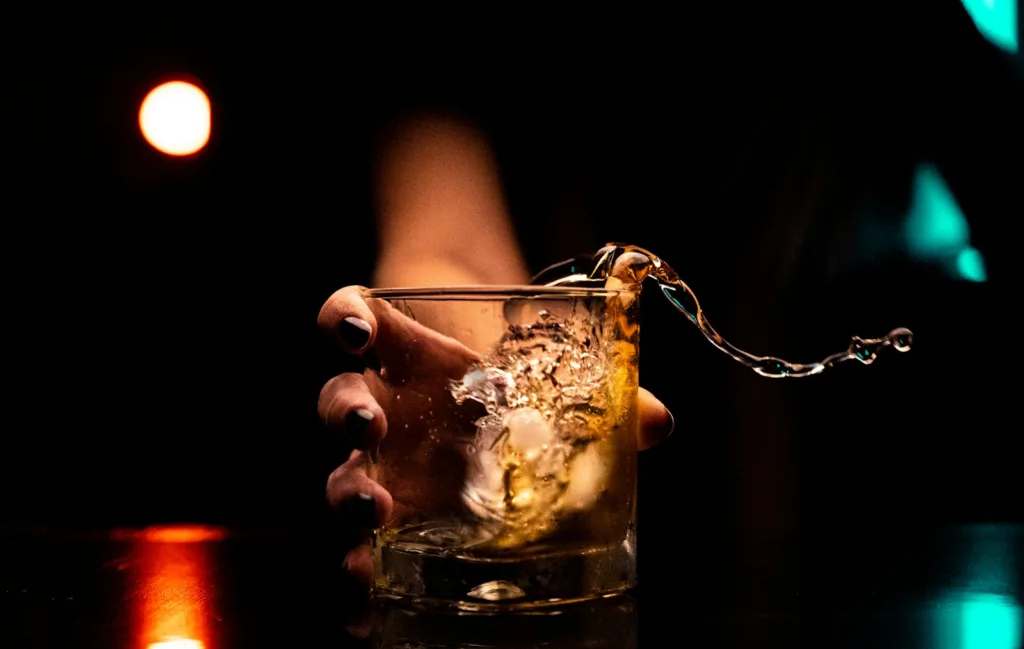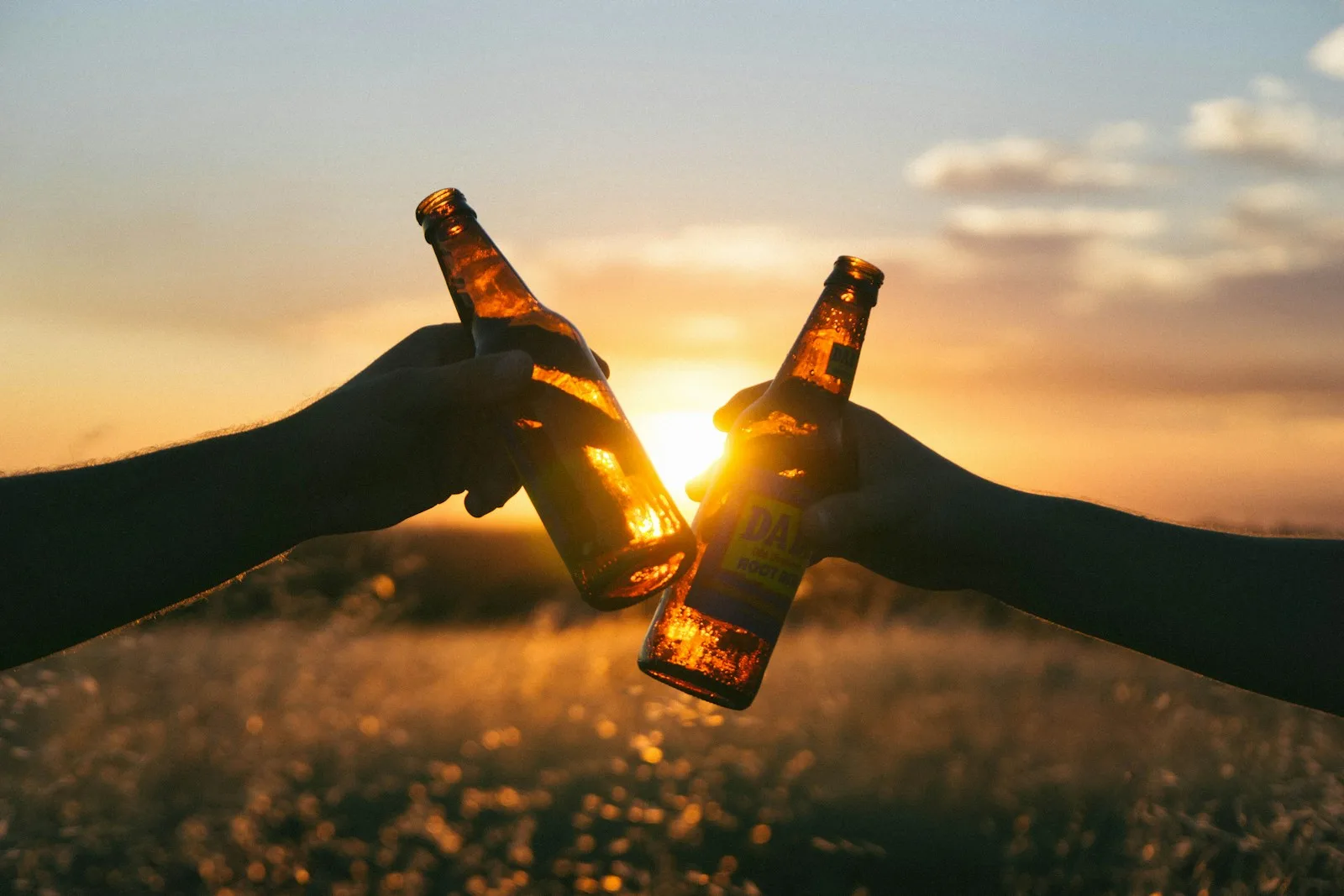Table of Contents
You might be a little hungover, whether it’s because you had way too much Guinness yesterday, it was St. Patrick’s Day after all, or you had a special occasion this weekend and opened a big bottle of wine.
When you’re not feeling well, you often want the situation to end and worry how long the alcohol will take to leave your system. We believe we know the solution for you.
One unit of alcohol takes an hour to break down, according to the NHS.
Ten milliliters or eight grams of pure alcohol make up one alcohol unit. It is equal to one measure (25ml) of spirit, half a pint of beer, or a small glass (125ml) of wine.
That means it will take you at least six hours to get over your wild night of drinking six pints of Guinness yesterday.
The National Health Service (NHS) states that various causes can have varying effects on individuals or even one person at different periods. These consist of:
- Regardless of your gender,
- age,
- weight,
- type of alcohol being used,
- amount of stress you are under,
- whether you have eaten recently
How is your body being affected by alcohol?

The founder of the supplement company Inessa, Aliza Marogy, a qualified nutritionist, recently told Metro that the majority of the alcohol we consume gets absorbed into the bloodstream through the stomach and small intestine.
Every organ in the body receives it from the bloodstream, including the liver, which is the main organ in charge of eliminating alcohol from the body, the brain, kidneys, and lungs.
“When alcohol is consumed in excess, it can cause nutrient depletion and reduce the pancreatic release of digestive enzymes, which are necessary to extract nutrients from meals. Nutrient deficiencies may also result from it; B-vitamins, vitamin C, potassium, zinc, calcium, and magnesium are frequently depleted. Magnesium regulates blood sugar and aids in the maintenance of a healthy heart, brain, nervous system, and bones. Along with calcium and potassium, it’s an essential electrolyte that the body needs to maintain blood pH balance, hydrate, and control neuron and muscle function.
“Zinc and vitamin C are essential antioxidants required for good immune function and healthy inflammatory responses, skin, bones, and cartilage. We need B-vitamins for energy, healthy cells, hormonal regulation, and mental health.”
Alcohol is regarded as a diuretic because it increases urination, which dehydrates the skin and deprives the body of vital nutrients.
Dehydration can worsen dry skin, which can lead to pores, wrinkles, and fine lines. Additionally, alcohol will probably be high in calories and consumed alongside sugary drinks, which can cause puffiness, acne, blotchiness, and increase your risk of rosacea flare-ups.
Alcohol percolates through the skin, breath, and urine as a result of the skin’s assistance to the liver’s laborious processing and breakdown of alcohol.
“Deficits in the skin can take many forms, from redness and acne to skin cancer and burst blood vessels.”
How to stay out of a hangover
There are strategies to lessen the intensity of the next hangover if you enjoy a few beers or glasses on a night out even if you’re not on the sober hype.
Metro received the following advice from a survivor life expert. The first is simple: be aware of your boundaries.
You may be amazed to hear that a healthy adult male can have up to two drinks of alcohol per day, while a healthy adult woman can have up to one drink per day.
Drinking becomes high-risk if you have three or more drinks in a single day.
Naturally, this isn’t quite in line with the majority of bottomless brunches, where the beverages flow quickly, but it’s wise to set limits and remember your health.
Staying hydrated is the second piece of advice.
Drink water and alcohol in turn to maintain the highest level of hydration in your body. Although it’s common knowledge that alcohol causes the body to quickly become dehydrated, not as much is known about the precise mechanism.
Vasopressin is a critical hormone that tells our kidneys to hold onto fluid, and alcohol decreases it.
Therefore, “breaking the seal” is really the effect of alcohol interfering with brain impulses, which accelerates the process of dehydration.
Thirdly, you ought to forget that visit to McDonald’s or the kebab shop.
Clamoring yourself with a greasy burger or kebab from a takeout place with questionable cleanliness standards is typically saved for the hours after midnight, but booze and greasy food don’t mix well and will just make your stomach feel even more bloated.
read also :Bartenders List 10 Red Flags At A Bar That Should Send You Rushing Out
read also : Surprising Alcohol Facts About Costco You Might Not Know
This is how long it takes for alcohol to leave your system (msn.com)


3 thoughts on “This is the amount of time that alcohol takes to exit your system.”